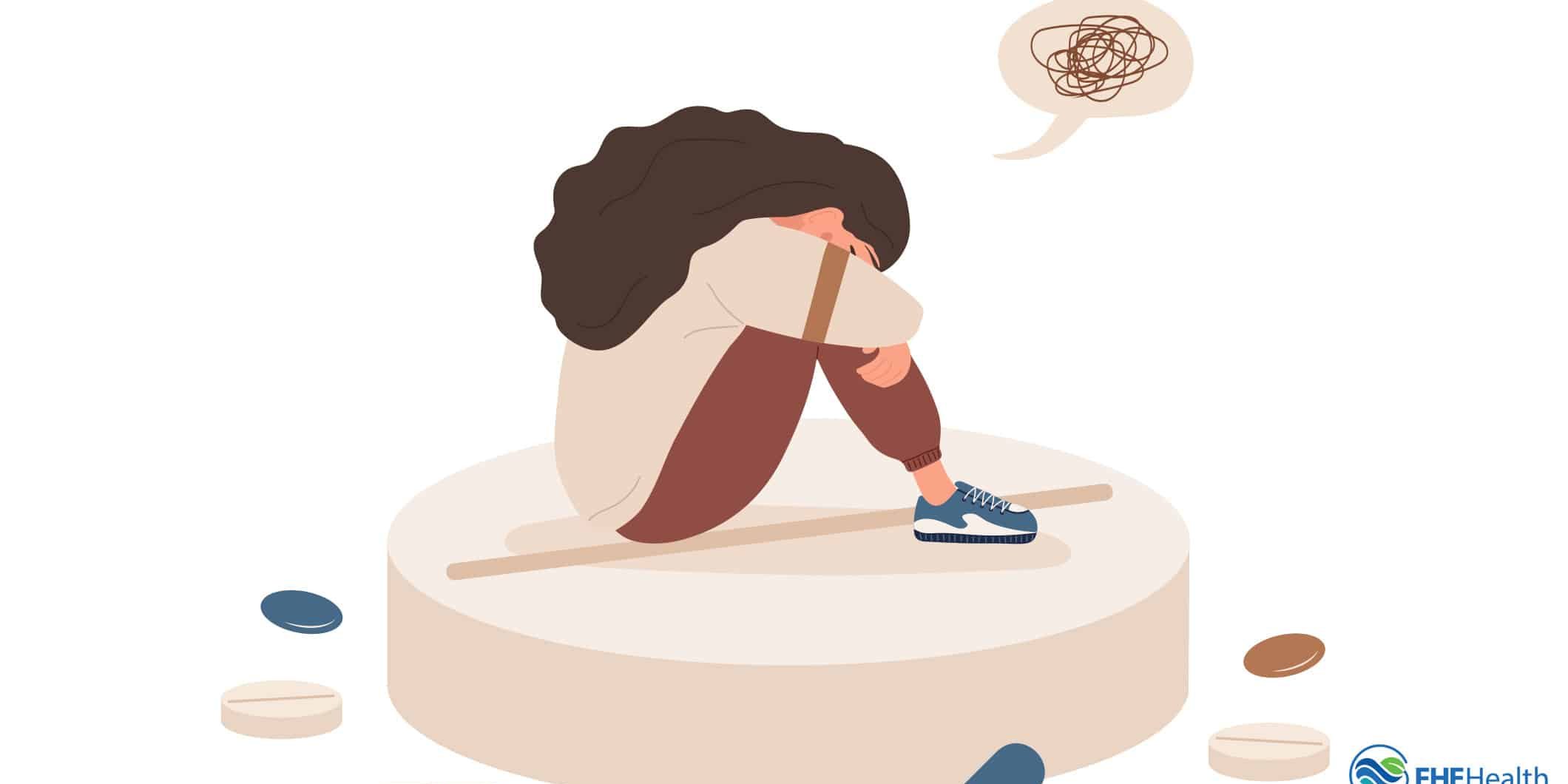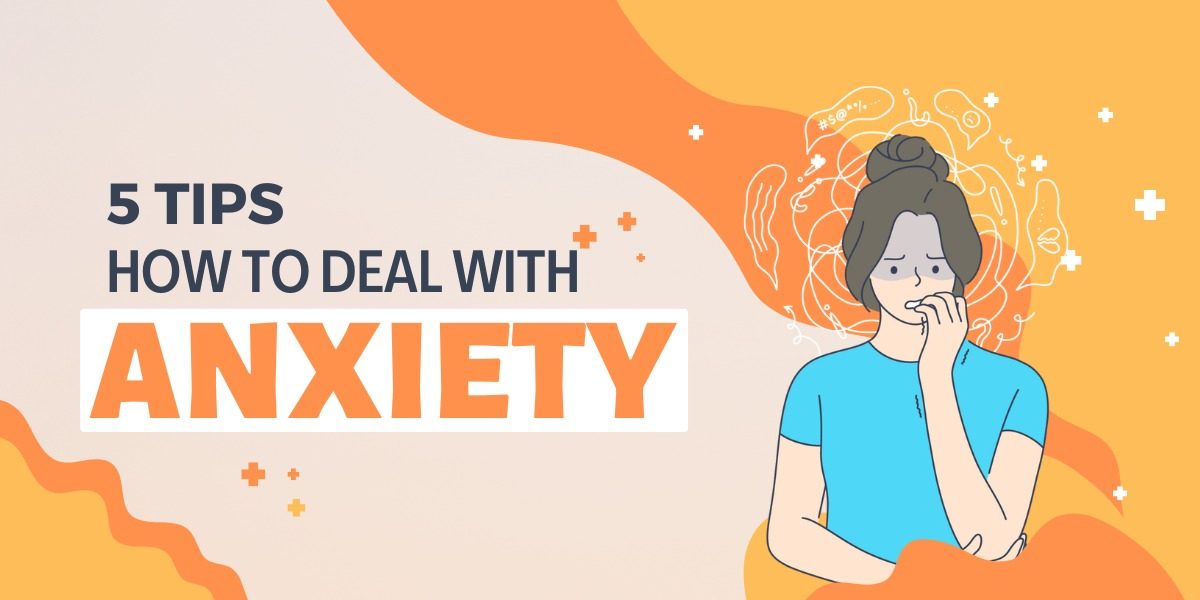Medication plays a vital role in mental health treatment for many patients, but it’s also surrounded by myths and misconceptions. By separating fact from fiction, we can better understand how medication can help individuals achieve stability and lead healthier lives.
Myth 1: Medication Is a Quick Fix
Fact: Medication is a tool, not a cure.
While medications can help manage symptoms, they are most effective when combined with other forms of treatment, such as therapy or lifestyle changes. Medications work by addressing chemical imbalances in the brain, but healing and recovery take time, effort, and a comprehensive treatment plan.
Myth 2: Taking Medication Means You’re Weak
Fact: Seeking help is a sign of strength.
There’s a stigma that relying on medication shows weakness, but the reality is the opposite. Recognizing the need for professional help and committing to treatment demonstrates courage and self-awareness. Just as someone with diabetes takes insulin, medication for mental health is a legitimate and necessary form of care for many.
Myth 3: Medications Will Change Your Personality
Fact: Medications aim to restore balance, not alter who you are.
The goal of mental health medication is to reduce symptoms like anxiety, depression, or mood instability so you can live a fuller life. Properly prescribed medication should not change your personality but instead help you feel more like yourself.
Myth 4: You’ll Have to Stay on Medication Forever
Fact: Treatment plans are individualized and may not be lifelong.
Not everyone requires long-term medication. For some, medication is a temporary solution to manage symptoms while they develop coping skills or undergo therapy. Your nurse practitioner will work with you to evaluate your progress and determine what’s best for your long-term well-being.
Myth 5: Medications Are a “One-Size-Fits-All” Solution
Fact: Mental health treatment is personalized.
What works for one person might not work for another. Medications are prescribed based on an individual’s unique symptoms, history, and needs. It may take time to find the right medication or dosage, but this process ensures the treatment is tailored to you.
Conclusion:
Medication is an essential part of mental health care for many individuals, but understanding its role is crucial to making informed decisions about treatment. By dispelling these myths, we can foster a more supportive and open dialogue about mental health care. If you have concerns about medication, don’t hesitate to consult with a trusted nurse practitioner who can guide you toward the best approach for your needs. Remember, medication is just one piece of the puzzle, and every journey to wellness is unique.




